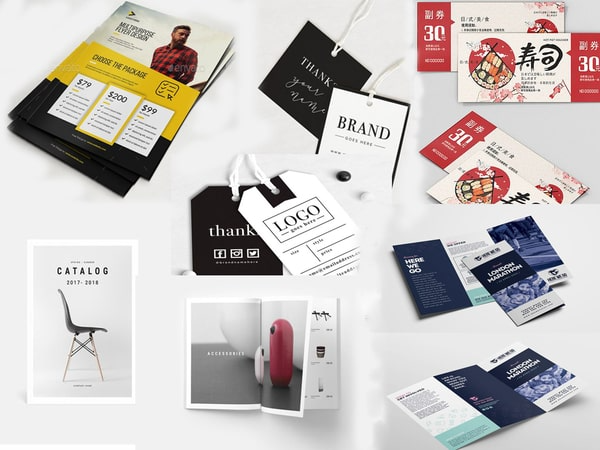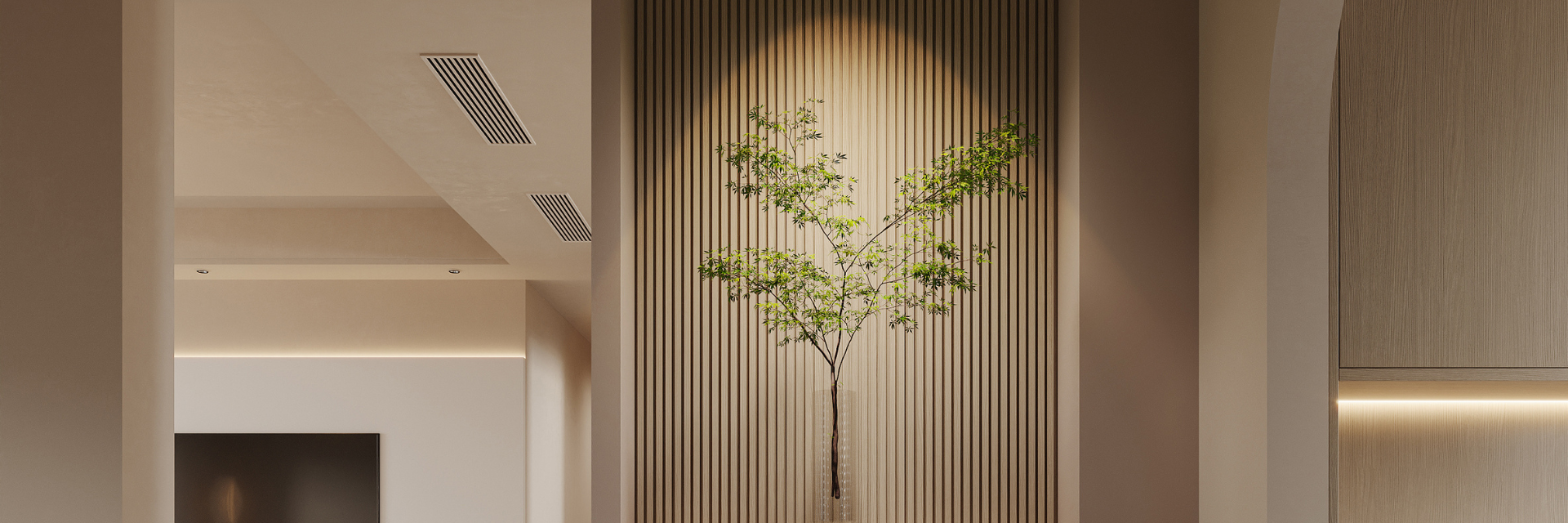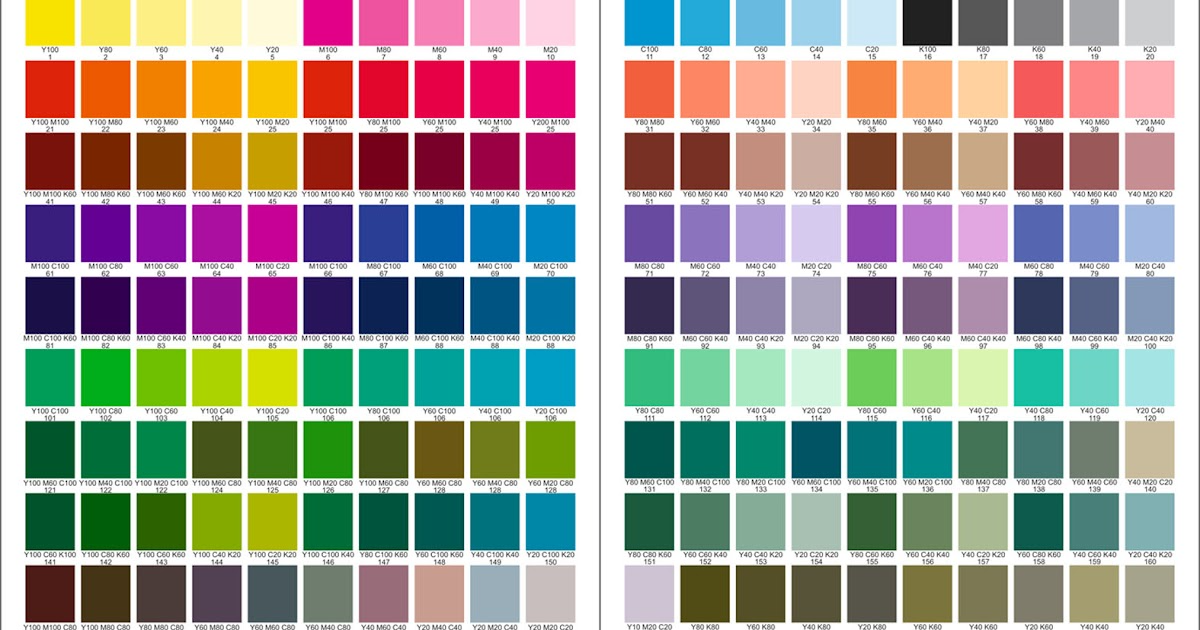
When it comes to print advertising, understanding the appropriate sizes is crucial for creating high-quality and engaging materials. This article will guide you through the considerations and benefits of adjusting print sizes to achieve satisfactory results.
Many people believe that the focus in advertising materials should be solely on design to produce the highest quality and most attractive products for customers. While design is undoubtedly crucial, it does not mean that adjusting the print sizes should be overlooked. Let’s explore some of the benefits of adjusting sizes in the printing process:
Adjusting and aligning the size of printed materials before printing helps save time, effort, and minimizes potential errors that may occur during the printing process.
It saves printing costs by avoiding multiple iterations of printing in reality. Even small adjustments, like a few millimeters, can lead to significant changes in the estimated expenses. You can imagine how much this amount could increase in the case of large-scale printing.
Ensuring consistency in the size of all advertising materials creates a tight connection and makes it easier to leave a positive impression on customers. Additionally, aligning product sizes closely with each other helps limit any discomfort for customers who appreciate perfection.
Benefits of Adjusting the Size of Advertising Prints
Common Sizes in Printing
Business cards, also known as name cards, are extremely important assets for businesses. They represent professionalism and the standard working attitude of a business, brand, or label. Therefore, the size of these printed materials cannot be arbitrary. In fact, these prints come in two standard sizes:
Business cards, including name cards, have dimensions ranging from
8.8×5.3cm.
Business cards, including name cards, have dimensions ranging from 9×5.5cm.
These are standard sizes that allow for versatile usage, such as fitting into wallets, boxes, etc. While you can choose different materials, it’s important to adhere to these size standards because even slight variations can lead to asymmetry and aesthetic loss.
Card visit – business card – name card
Advertising Print Sizes
These are advertising prints that require special attention to both print size and design. Both factors need to be equally emphasized to ensure aesthetic appeal and to easily capture customer attention. This becomes particularly important as customers become more selective and have more diverse and abundant brand choices. These prints commonly come in sizes such as 7 x 15cm, 10 x 20cm, and 10 x 15cm, which help maintain balance and provide enough space to present important information effectively.
Leaflets, Brochures, Folded Sheets, Flyers
These advertising prints typically come in common sizes like A5 – 14.8 x 21cm, A4 – 21 x 29.7cm, A3 – 29.7 x 42cm. You can base your choice of print size on the type of print, printing material, as well as the type of service or product you’re advertising. Don’t forget to convert the design size before printing to avoid affecting the actual print quality.
Leaflets, Brochures, Folded Sheets, Flyers
The article provides information to help you understand more about standard sizes for advertising prints.

In simple terms, the Golden Ratio is a mathematical ratio. It is abundantly present in nature, and when applied in design, it represents aesthetics, embodying the natural balance of creation. But have you ever wondered what the Golden Ratio truly is and how to use it to enhance your designs?

When it comes to print advertising, understanding the appropriate sizes is crucial for creating high-quality and engaging materials. This article will guide you through the considerations and benefits of adjusting print sizes to achieve satisfactory results.

In lighting design, a solid understanding of the applicable standards is the key to creating harmonious and efficient lighting spaces. With the continuous development of technology and modern design trends, mastering crucial design standards is not only necessary but also a determining factor for the impression of a space. Let’s explore and grasp these standards together to create innovative lighting spaces that touch every human emotion.

Everything in the office should be arranged, organized, and selected to achieve evenness and balance in a certain proportion. This principle is also applied to many small office design models.

In interior design, many consumers mistakenly perceive lighting design as simply selecting different types of lamps, determining wattage, choosing styles, and matching colors with the interior. However, in reality, this is an inaccurate concept.

In the field of fashion retail, a fashion store front typically has 3 mannequins, IKEA arranges items like a home, … It’s not by chance that products are placed the way you see them. Each position in the store is carefully calculated to keep customers there longer, which translates to spending more. The job demands both creativity and a business mindset, and it belongs to visual merchandisers. In this article, find out how visual merchandising works, its impact on brands and revenue.

Surely you have come into contact with printed publications such as desk calendars, flyers, standees, etc. So have you ever wondered how these publications are created or who is behind these publications?

Offset printing is a printing technique in which inked images are transferred (offset) onto rubber sheets (referred to as offset plates) before being pressed onto paper. Nowadays, offset printing technology is widely used by printing companies in Hanoi.

A beautiful piece of work, no matter how aesthetically pleasing, loses more than half of its value if not adorned with suitable colors. In printing, the criteria for color are even more critical. Therefore, the selection of printing colors always takes the most contemplative time in designs. The printing color palette is diverse and mystical. Let’s explore it through the following article.

Event organization is one of the popular and highly competitive industries in the job market that attracts the interest of many young individuals. It is also a crucial aspect of the advertising, communication, and entertainment services industry.

Before launching a new product, the first thing a business needs to do is market research to understand customer needs, current market trends, and competitors. This will help the business identify target markets and develop appropriate marketing strategies to promote its product.
